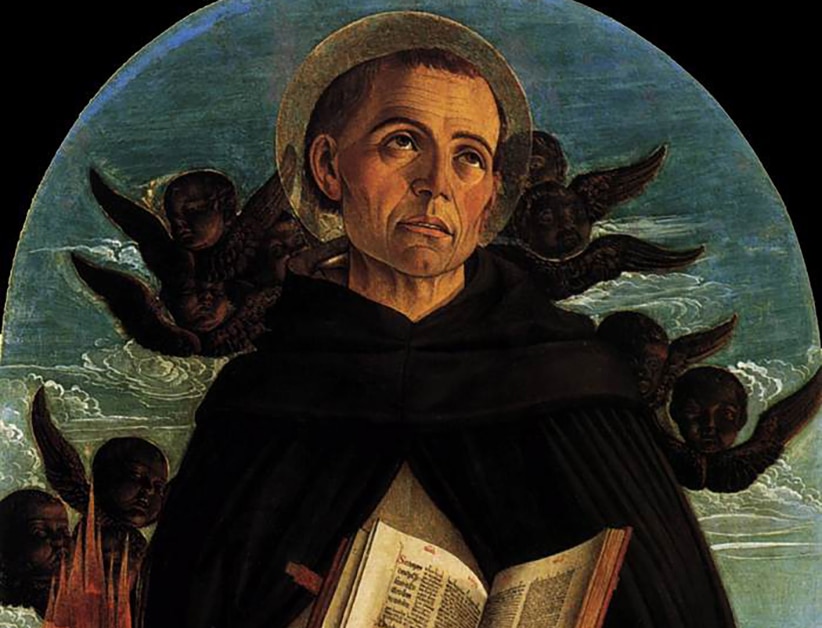
We are rightly disturbed by the problems which today’s Church is experiencing. We must not forget, however, that Catholicism has experienced far greater trials at other times. For instance, between 1378 and 1415, there were, first two, and then three bishops who claimed to be pope. The faithful, not knowing which had the right on his side, were divided into three very confused papal parties. In 1378, the cardinals, mostly French, elected the archbishop of Bari to the papacy. He took the name Urban VI. But before long, the cardinals who had elected him, finding the new pope hard to deal with, reassembled and declared that they had voted invalidly. In his place, therefore, they then chose a Frenchman, who took the name of Clement VII and went to live in Avignon, France. This frightful situation went on for thirty-one years, without any solution forthcoming. In 1409 some of the cardinals of the “Roman pope” and of the “Avignon pope” met in Pisa, Italy, declared the deposition of both papal claimants, and then elected one man to replace them. He took the name Alexander V. But the two earlier claimants ignored Alexander V, and continued to consider themselves the true pope. Thus the “Great Schism of the West” became even more complicated than before. Each nation now picked the pope of its choice. Even people who would later be canonized saints, like St. Catherine of Siena, disagreed as to who was the real pope. That is where St. Vincent Ferrer comes in.
Vincent was born in Valencia, Spain. From his parents he derived a deeply religious outlook. He was also precocious intellectually. Having joined the Dominican Fathers, he was appointed a teacher of philosophy even before he received priestly ordination. But most of all, he gained distinction throughout Spain and France as one of the ablest preachers of all time. Not only did he win back thousands of Catholics to more fervent practice; he was able to bring many Jews and thousands of Moors into the church. He also became noted for his miracles. Since France and Spain had both sided with the French papal claimant, Clement VII, Vincent, defended him as rightful pope. When Clement died, his followers elected another to succeed him, a Spaniard named Pedro de Luna. Pedro took the name Benedict XIII, and Ferrer accepted him as unquestionably pope. But he soon sensed in Benedict an utter unwillingness to discuss with his counter-claimants the whole matter of who was really pope; indeed Vincent himself fell ill because of the pressures of the problem.
Finally, in 1414, an ecumenical council was convoked at Constance, Switzerland, to put an end to this scandalous division. The bishops of the council sought to persuade all three “popes” to resign. The pope of the Roman obedience, Gregory XII, did so, willingly; the pope of the Pisan obedience also resigned, reluctantly. But the French “pope,” Benedict XIII, gummed the works by refusing. St. Vincent called on him personally, urging him to retire, but to no effect. “Whom are we to recognize, then, as pope?” the king of Aragon asked Vincent. Despite his earlier loyalty to Benedict, Father Vincent told the king: “The faithful are justified in withdrawing their allegiance from him: by his refusal to resign, he is preventing unity in the church.” Benedict never did resign, but the ecumenical council deposed him, and in 1415 the bishops went on to elect Martin V. Christendom was now once more under one pope. Jean Gerson, the great French theologian, wrote to St. Vincent, “But for you, this union could never have been achieved.” We would be well advised to pray to this champion of Christian unity: “Help Our Church today, dear St. Vincent, that it may recover its steadiness: you who, in a far worse season, helped mightily to reunite a shattered Christendom.” --Father Robert F. McNamara
you inspired the priest Vincent Ferrer
to serve you by preaching the gospel;
grant that one day we may behold the king of heaven
whose coming as judge Saint Vincent proclaimed on earth.
We ask this through our Lord Jesus Christ, your Son,
who lives and reigns with you in the unity of the Holy Spirit,
God for ever and ever. Amen. (ICEL; 1998)